Experts’ tips on homeschooling – for kids and parents
As parents grapple with homeschooling, we chat to the pros about the best ways to manage – and how educating kids is about much more than hours spent doing homework
There’s no one right way to homeschool the kids… Photo: Outschool
Homeschooling –or whatever you want to call the comedic impossibility of attempting to get our kids to do schoolwork, most days, while holding down our own jobs, cooking, cleaning, looking after everyone and trying to remain sane – is unquestionably one of the more challenging aspects of lockdown for parents.
Not that we don’t have help: there is a wealth of amazing resources online, many of them free (we’re particularly loving the free audio books and e-books from sites like Audible and the virtual storytimes and drawing sessions from celebs like Michelle Obama and author/illustrators like Mo Willems and Rob Biddulph).
Parents are getting creative in ways that work for them, whether that’s ditching the prescribed daily maths treasure hunt in favour of turning some cardboard into a DIY nail bar, complete with varnish-as-paint (highly recommended!), while others are combining school videos and blogs with handy online resources like Oak National and BBC Bitesize.
Others are taking their business savvy and applying it to the kids, using Kanban visualisation boards to organise multiple kids’ schedules, including chores and ways to help around the house (genius!). And the rest of us… are taking each day as it comes, and trying to figure it all out. Which means not feeling guilty about spending afternoons from 4pm enjoying the fabulousness that is Disney+.
We chatted to a few pros to get their distance-learning and homeschooling tips for kids of all ages and at all stages…. and we came away thinking that if we stop putting pressure on ourselves – and our children – this whole lockdown situation can do a world of good for our parent-child relationships (and can help us discover a few new gems along the way).
Photo: Outschool
The edtech entrepreneur: Outschool CEO and co-founder, Amir Nathoo
Outschool is a completely brilliant online school offering imaginative, engaging classes, across all subject areas, for kids aged three to 18. From Harry Potter Potions, eg chemistry, to learning civics through Minecraft and grammar using Fortnite, it appeals on multiple levels, from the creativity of the classes to the passion of the teachers, as well as the social interaction with kids from all over the world. Think of it as the 2020 version of pen pals.
‘It’s a terrible situation we’re in, but there are opportunities to try new things and to do things a bit differently,’ CEO, Amir Nathoo, tells Culture Whisper. ‘It’s a real shame if people come out of quarantine and say: “We kept up with our schoolwork” – that would be a real missed opportunity. Do you want them to say they kept up with schoolwork or interacted with kids from around the world? Learned a new skill? Take the opportunity.’
- Let your kids help decide their schedule:
While it’s important to create structure and routine, the most important piece of that is involving your kids in deciding that routine – if it’s imposed on them, you’re going to struggle. They are anxious and stressed anyway about the changes going on, so give them the feeling that this is a shared adventure and these are challenges to overcome together. It’s much more likely they’ll engage with work in a productive way if you involve the kids. And make sure they’re not just interacting with you and a teacher: kids need to be social with a variety of people – the last thing you want is for them to be in front of a screen on their own, all day, every day. - Trust your instincts:
If you’re not excited about some aspect of learning as a parent, it’s unlikely you’ll be able to convey what you think is boring to the kids. The Outschool ethos for teachers is to teach the subjects they’ve always wanted to – and to teach them in the way they’ve always wanted to do it. Applying that philosophy to your own homeschooling could help engage you and the kids alike. Be creative and relax what you need to teach, as well as your expectations. - Move around:
We may be more or less confined to our homes, but switching positions, seats and rooms is really important. Encourage kids to stretch, to intentionally shift rooms throughout the day (or encourage them to do it by setting up schoolwork or games in different rooms). Otherwise you risk your child staying the same spot all day, giving them poor posture and making them grouchy.
Photo: Maggie & Rose
The family club turned online resource: Maggie & Rose
Our favourite family club and nursery, Maggie & Rose, has launched a digital hub with daily creative classes, crafts and story time – free for members and non-members during lockdown. Head of nurseries, Lisa John, gives us a few of her top tips for how to entertain and educate the under-fives at home…
- Do it your own way:
First off, remember that there is no ‘right’ or ‘wrong’ way to approach your child’s learning journey at home – and it certainly isn’t a competition. By all means take inspiration from others but don’t let yourself get bogged down in spending hours searching for the best resources or ideas. Try things out and be kind to yourself – some things won’t turn out the way you hoped, but that’s okay, you are doing your best. - Try to have some routine:
We recommend drawing up a loose timetable to help you manage your time and take some of the stress out of your day. Just as we do with your little ones at our nursery, try to echo their natural routine using meals, snacks and sleeps to break up the day. Your little one will feel secure in a familiar routine and you can plan your own time around their schedule. Planning in advance will allow a good balance of activities, including physical activity, reading, creative activities and technology time. - Don’t plan out every second of your child’s day:
Remember that little ones don’t need to be ‘entertained’ all the time. Don’t ‘over-schedule’ – not only will your little one need some down-time to rest or pursue their own free play, but you may need buffer slots if some activities take longer or get off track. Try not to be tempted to tidy up as soon as your little one ‘finishes’ with an activity – it’s helpful for them to return to activities to explore further adventures and bring new perspectives. - Stop stressing that they’ll fall behind:
This time at home won’t set your child back academically but healthy habits during these weeks will mean they are best placed to pick up where they left off. If all else fails, channel your own childhood memories and fall back on the classics. Den-building, running through sprinklers, banging on pots and pans with wooden spoons – these never fail to inspire and delight little ones, and may even serve as a balm to grown-ups. Ultimately this won’t last forever – and above everything, we must find joy where we can. - Let your little one lead:
If possible, set up in a way that allows your little ones to access activities independently and choose what they want to engage with. This might entail setting up two or three small activities in the morning and letting them engage with each in their own time – this is of course a process of trial and error, and will help you to see what your little one enjoys the most.
Photo: Edx Education
The educational toy company: Heather Welch, International Brand Manager at Edx Education
Other than having the luxury of time to be able to play with little ones, having some fantastic at-home resources can help, too. This is where Edx Education comes in: from water and sand trays to linking cubes and rainbow sorting stones, they have a fantastic range of home education resources that can give your kitchen a classroom feel – and occupy the kids when you need to type out an email.
Heather Welch has some ideas for those with early-years kids at home:
- Remember, you don’t need to be in a classroom to learn:
Knowledge is what we learn at school in the curriculum, experience is what we learn every day even at home (experiential learning) and being creative is what happens when we give our children experiences which impart the knowledge. The most important things at this time is our children are happy, engaged, feel connected and have an experience while learning at home – children’s social, emotional and mental health is more important than academic work during this time. - Parents aren’t teachers: Don’t think of it as homeschool, think of it as home learning. You are just a facilitator, enjoying the time with your children. It is a once-in-a-lifetime opportunity – we hope – for all of us. We all find it hard at times, however, this is the time you can build lifelong learners, children that love learning. To make it interesting, when looking at your children learning, think of three ways you would like to learn the subject and make it engaging.
- Don’t worry about subject-based learning: For the early years it’s especially important to play, explore, experiment and spark their imagination. Look at themes for early years, not subjects. Let them play!
- Make them accountable for their learning:
Try empowering your children to make the decision and allow them to do all the subjects in the order they feel best. The result may surprise you.
Photo: Explore Learning
The English and maths tuition service: Explore Learning
Explore Learning offers English and maths tuition across London and the UK, including tuition for 11+ exams. They’ve launched an online learning platform, Explore at Home, with weekly one-to-one sessions and group writing sessions with qualified tutors alongside downloadable resources, as well as free maths lessons each week on Facebook, with celebrity mathematician, Bobby Seagull.
Head of curriculum, Charlotte Gater, gives parents her top tips:
- Create your classroom:
For each child in your household think about where they would work best. Juggling support for different age children can be a challenge, so think about if they can sit together and support each other or if they would be better in separate areas. Try to keep their ‘learning’ space away from their ‘relaxing’ space if possible. Putting a rough schedule together can help too, if only to remember who needs what device at which time! Don’t forget regular breaks to move around, loosen up and chill out. - Don’t pressurise, but do understand what they’re struggling with:
Don’t put pressure on yourself, but if you want to know if your child is progressing, you first need to gauge where your child is with their knowledge, and what their needs are. When they’ve completed an activity why not do a little quiz together? You can ask each other questions to see what they have learnt. Talk about what subjects they are finding more difficult and celebrate the things they are doing well. Keep a note of things they’re struggling to explain and what they are excelling at so you know what to focus on. - Enlist friends and family:
Think about anyone else who might be able to help with subjects; grandparents, friends, and older siblings with knowledge in certain subjects can be a great source of support. My parents are currently teaching my nephew over Facetime and he loves the time he spends with them sharing knowledge on subjects they are passionate about.
SOURCE: Culture Whisper

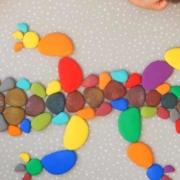 Edx Education
Edx Education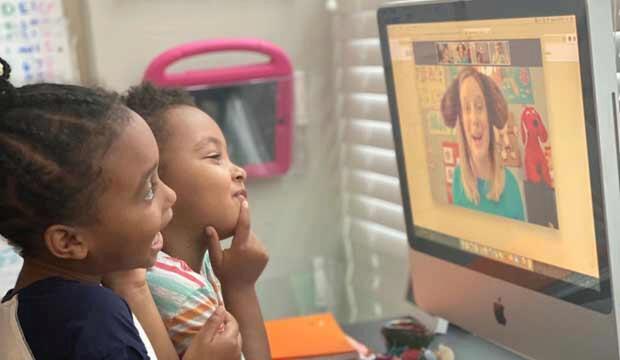
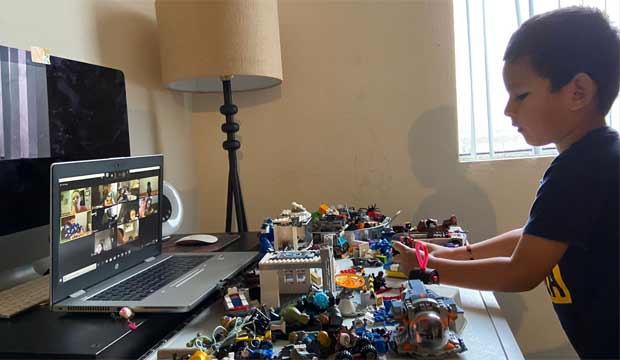

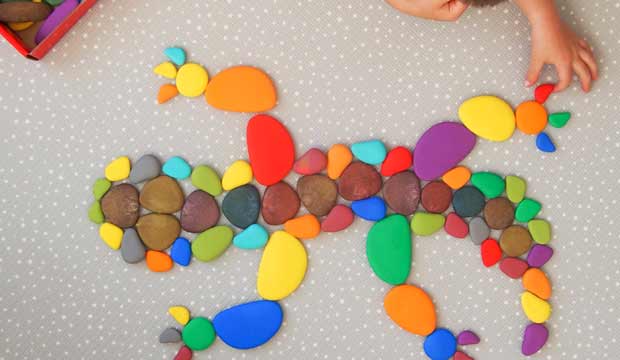
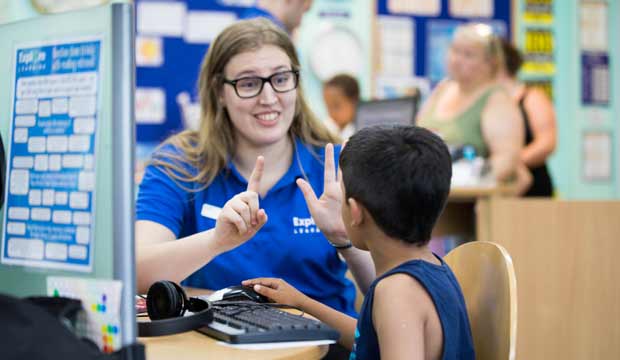
 Edx education
Edx education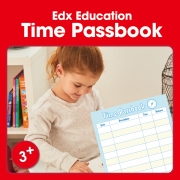 Edx Education
Edx Education Edx Education
Edx Education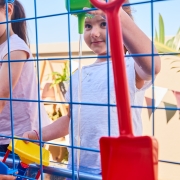
 Edx Education
Edx Education Edx Education
Edx Education edx education
edx education Edx Education
Edx Education